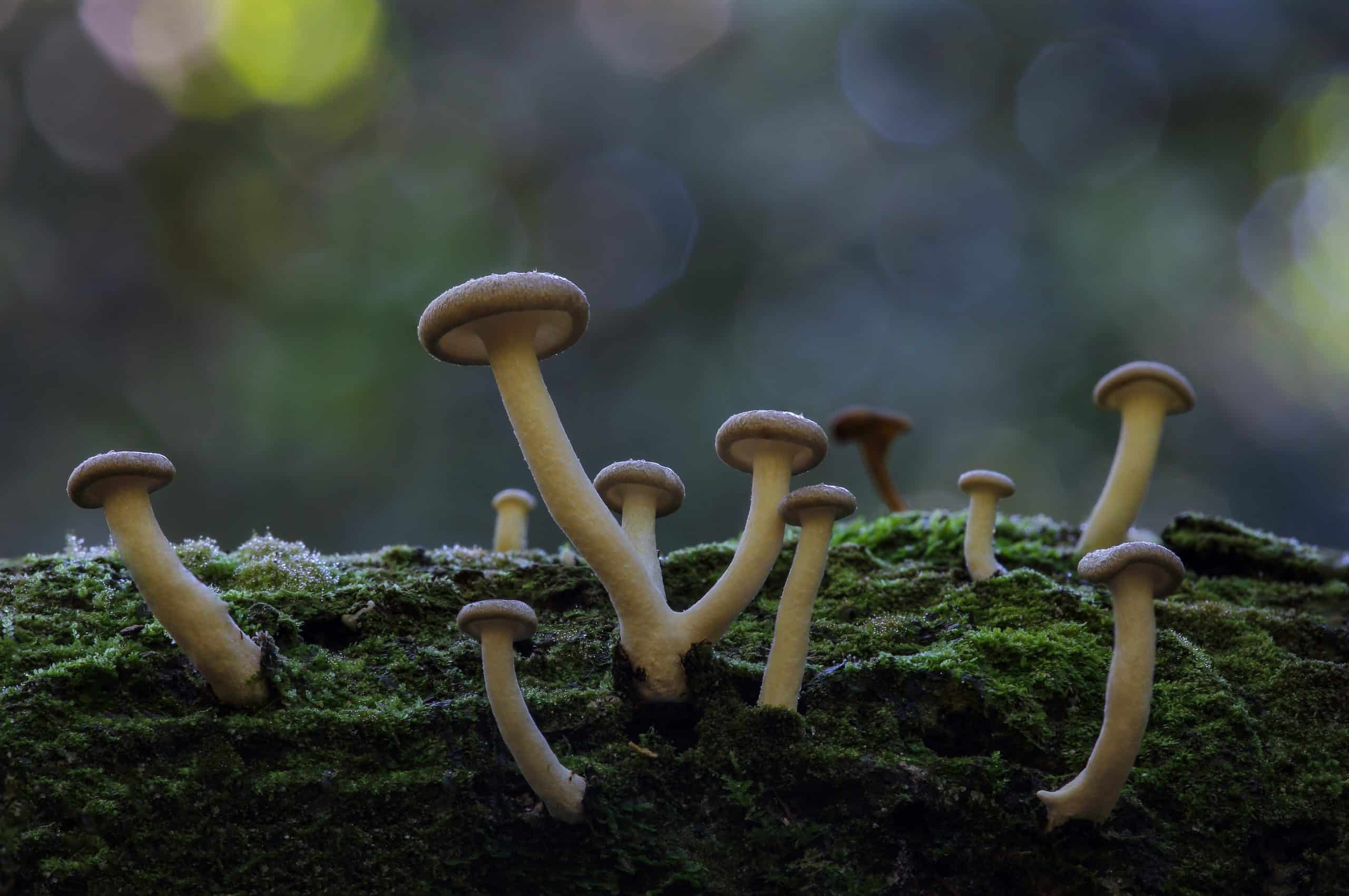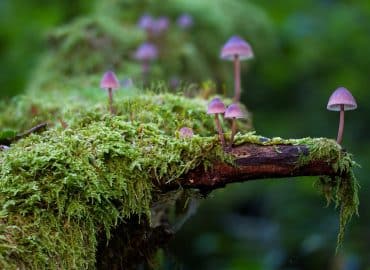Psilocybin Therapy: A New Approach to Mental Health Treatment

In the last couple of years, there’s been a surge of interest in alternative treatments for mental health issues. And one that has definitely garnered a lot of attention is psilocybin therapy.
Psilocybin, you ask? It’s a naturally occurring compound found in certain species of mushrooms, often referred to by the intriguing moniker – ‘magic mushrooms.’ These aren’t your average grocery store mushrooms, that’s for sure.
The heart of this therapy lies in its unique approach. It harnesses the mind-altering properties of psilocybin, aiming to alleviate various mental health disorders. It’s like taking a wild, psychedelic journey with the potential to come out the other side feeling better. Sounds pretty cool, right?
As interest spikes and more research emerges on the potential benefits of psilocybin, it’s essential to understand what this therapy is all about and how it might help those struggling with mental health issues.
Microdosing Psilocybin: Easing into Treatments
As an approach that’s becoming increasingly recognized in the field of psilocybin therapy, microdosing essentially involves taking small, sub-hallucinogenic doses of psilocybin mushrooms at regular intervals. These doses are intentionally kept small enough to prevent triggering intense psychedelic experiences, such as hallucinations, typically associated with higher doses. Instead, the goal is to influence mood, cognition, and perception subtly yet positively.
Microdosing psilocybin (within a therapeutic context) is believed to be beneficial for individuals who may not be ready or willing to experience a full psychedelic trip. However, this approach should always be overseen by a qualified healthcare provider or therapist who can monitor the patient’s response and adjust the dosage as required.
Maximizing the Benefits of the Most Potent Psilocybin Mushroom
Venturing further into the realm of psilocybin therapy, the spotlight inevitably falls on the most potent psilocybin mushroom. The mushroom in question is the Psilocybe azurescens which contains a high concentration of psilocybin and psilocin, the compounds responsible for the mushrooms’ psychoactive effects.
Compared to its counterparts, Psilocybe azurescens has a much more elevated concentration of psilocybin. For a clearer understanding, while the average psilocybin mushroom contains about 0.2% to 0.4% psilocybin, Psilocybe azurescens can contain up to 1.8%. This implies it’s approximately four to nine times more potent than most other psilocybin mushrooms.
Psilocybe Azurescens: The Most Potent Psilocybin
The high psilocybin content in Psilocybe azurescens can lead to more profound psychological effects, which can be beneficial in therapy settings. For instance, it may facilitate deeper self-exploration or induce a more significant shift in mood and perspective.
As the most potent psilocybin type of magic mushroom, the Psilocybe azurescens presents a unique blend of benefits and challenges in psilocybin therapy. While its high psilocybin content can trigger deeper therapeutic experiences, it also calls for careful dosing and professional oversight.
As we continue to dive deep into the domain of psilocybin therapy, the role of Psilocybe azurescens and other potent psilocybin mushrooms will undoubtedly remain a point of fascination.
What does the future look like for Psilocybin Therapy?
The benefits of Psilocybin Therapy extend beyond the immediate effects of the psychedelic experience. It has shown promise in treating a range of mental health conditions, including depression, anxiety, and PTSD. Research has also shown that psilocybin can promote neuroplasticity, the brain’s ability to form new connections and adapt to new information. This increased neuroplasticity can lead to lasting improvements in mood, cognition, and overall mental well-being.
As the popularity of Psilocybin Therapy continues to grow, it’s essential to tread cautiously. While the therapy has shown promise in treating various mental health conditions, it’s not suitable for everyone. Individuals with a history of psychosis or certain medical conditions may not be suitable candidates for this therapy. It’s key to consult with a healthcare professional before consuming psilocybin, regardless of your particular medical history.
All in all, the future of Psilocybin Therapy looks promising, with the potential to offer lasting improvements in mood, cognition, and overall mental well-being. As we continue to explore this new frontier, it’s crucial to prioritize safety and ensure that this therapy is accessible to those who stand to benefit the most.


